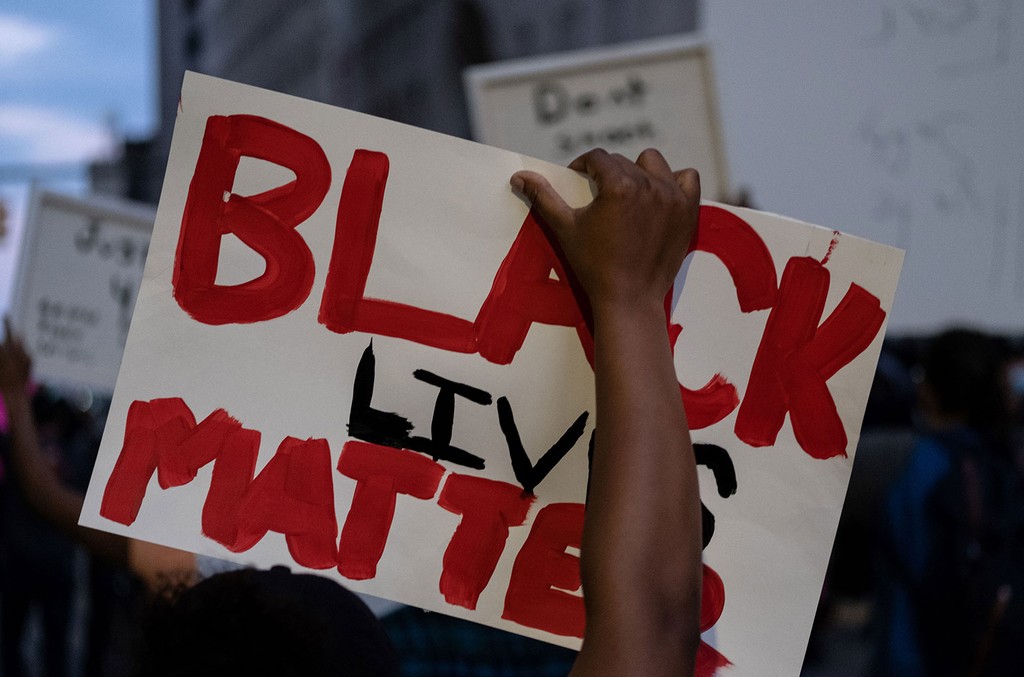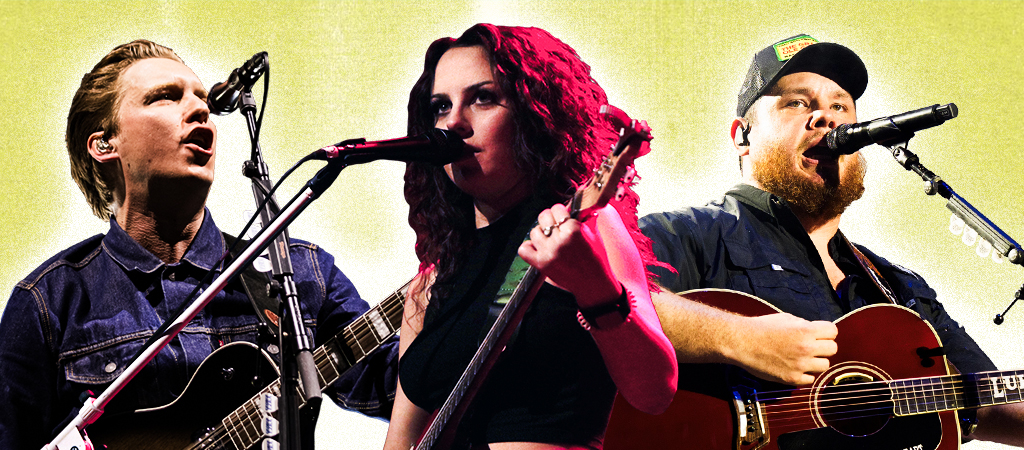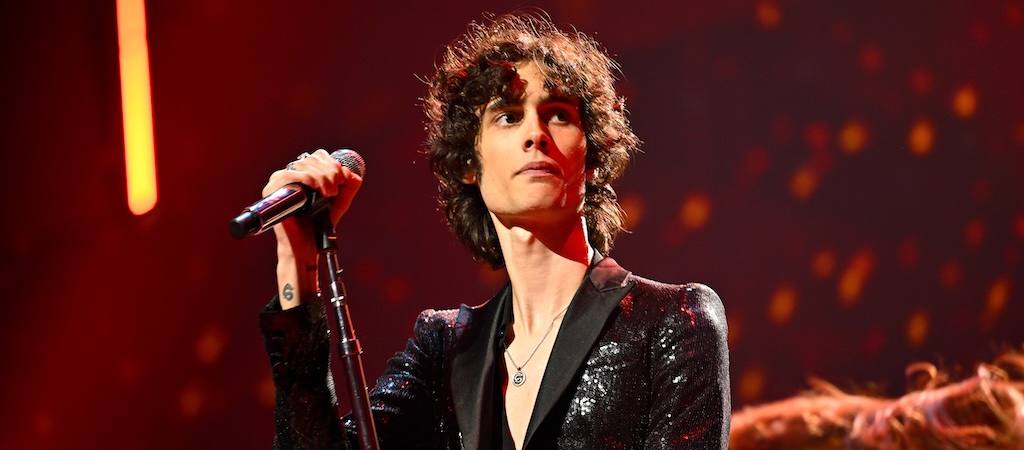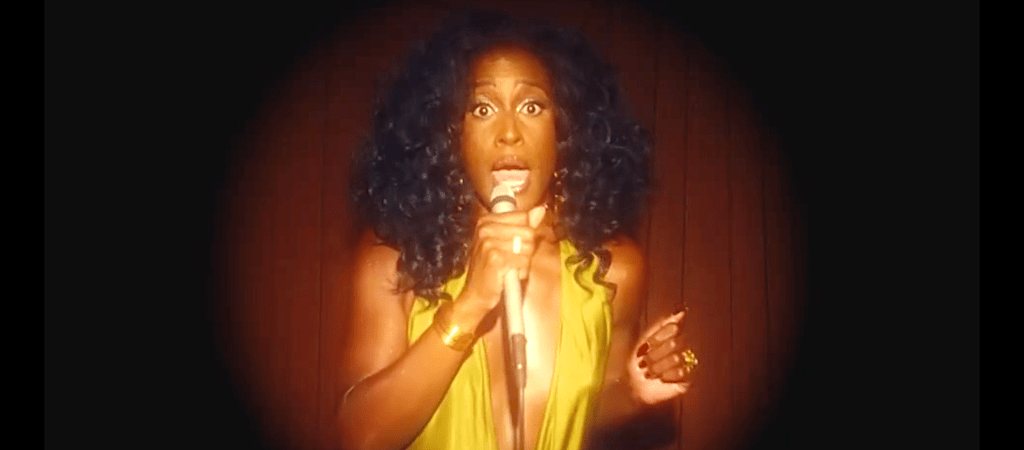BLM co-founder Patrisse Cullors pens open letter demanding change.
The music industry is taking a day to reflect on Tuesday (June 2) as part of Black Out Tuesday/#TheShowMustBePaused, an industry-wide effort to “disconnect from work and reconnect with our community.”
In conjunction with the day of reflection — which was coordinated by Atlantic Records executives Jamila Thomas and Brianna Agyemang in reaction to the police-involved killings of Breonna Taylor, George Floyd and others — the Movement 4 Black Lives, a coalition of 100 black-led organizations, is calling for five days of action, each focused on a specific set of demands.
“It feels important to really move the needle on how we’re relating right now and call for very specific national asks that people can drill down at a local level in response to persistent police violence and terror,” Patrisse Cullors, co-founder of Black Lives Matter and founding member of M4BL, tells Billboard.
As citizens across the country march in dozens of cities to demand justice for Floyd, Taylor and Ahmaud Arbery, Cullors says Tuesday’s call is focused on “invest-divest.”
“We’re demanding an end to the war against black people, number one. Stop criminalizing us, stop incarcerating us, stop killing us in the streets and number two we’re demanding a divestment from police and investment into black communities,” she says. Tuesday’s call also asks local elected officials to divert resources going to policing to instead focus on housing, healthcare and education.
“The more officers have access to guns and jails and prisons those are not solutions to deal with longstanding issues of racial injustice in this country,” says Cullors, who is encouraging fellow activists to tweet at university presidents, city council members, aldermen and family members to discuss the effort to defunding police.
The M4BL is also asking universities and colleges to cut ties with local police and Cullors says that although the movement is not marching in the streets because of one person, the harrowing footage of unarmed black man Floyd laying on the ground as a white police office put a knee to his neck for nearly nine minutes has helped spark this urgent call to action.
That mobilizations includes an open letter, which M4BL says has been co-signed by Lizzo, John Legend, Jane Fonda, The Weeknd, Ebro Darden, Common, Natalie Portman, Steve Aoki, G Herbo, Dina LaPolt, Brie Larson, Taraji P. Henson, Tory Lanez, Dream Hampton, Yara Shahidi, Talib Kweli, Megan Rapinoe and others in an effort to shift the conversation from a focus on the riots and property damage taking place alongside the many peaceful protest marches and instead focus on concrete actions.
“I think it’s an important effort and it’s what’s best to get people in the music industry to get more deeply involved in local organizations and challenging how they’ve been business as usual. This is not a time to be business as usual,” Cullors says of coordinating with #TheShowMustBePaused. “Let’s commit to real change and [today’s] action will be one way that they commit to real change. I’m excited to be in partnership with them to continue to make change.”
Getting the music industry involved is a way to push forward on M4BL’s bold action plan to fund local communities by using the influence and power of the entertainment industry to make their efforts more visible on a national stage, says Cullors.
Other actions M4BL is pushing for this week is Wednesday’s demand for immediate relief (cash payments, rent/mortgage cancellation, moratorium on utility/water shutoffs, cancellation of student/medical debt) to Thursday’s demand for community control over schools, local budgets and economies, Friday’s demand for an end to the criminalization and incarceration of black people and Saturday’s call to make meaning out of this moment of crisis.
Read the letter below.
Black People Are Dying of Police Terror and Covid19. It is time to defund the police NOW
Black communities across the nation are mourning the deaths of George Floyd, tortured to death by Minneapolis police, Ahmaud Arbery, a jogger who was killed while running in a residential neighborhood in Brunswick, Georgia, Breonna Taylor an EMT killed while asleep in her bed in Louisville,KY, Dreasjon Reed in Indianapolis and Tony McDade in Tallahassee. Their names are added to a devastatingly long list of Black people who have been killed at the hands of vigilantes or law enforcement. Not to mention the others whose names we don’t yet know, and may never know since they were killed without a camera recording it.
At the same time, the United States leads the world in COVID-19 cases. So far, more than 100,000 people — enough to fill a football stadium– have perished from the virus, with over one million cases confirmed, and those numbers don’t reflect all the people dying from virus-related illnesses. Black people are suffering disproportionately from COVID-19, four times more likely to die than their white neighbors.
It is important to state this within the context of the scourge of anti-Black police terror and the resulting uprisings taking place across the U.S. The COVID-19 deaths and the deaths caused by police terror are connected and consequential to each other. The United States does not have a national healthcare system. Instead, we have the largest military budget in the world, and some of the most well-funded and militarized police departments in the world, too. Policing and militarization overwhelmingly dominate the bulk of national and local budgets. In fact, police and military funding has increased every single year since 1973, and at the same time, funding for public health decreased every year, crystallized most recently when the Trump administration eliminated the US Pandemic Response Team in 2018, citing “costs”.
The time has come to defund the police.
Black communities are living in persistent fear of being killed by state authorities like police, immigration agents or even white vigilantes who are emboldened by state actors. According to the Urban Institute, in 1977, state and local governments spent $60 billion on police and corrections. In 2017, they spent $194 billion. A 220 percent increase. Despite continued profiling, harassment, terror and killing of Black communities, local and federal decision-makers continue to invest in the police, which leaves Black people vulnerable and our communities no safer.
Where could that money go? It could go towards building healthy communities, to the health of our elders and children, to neighborhood infrastructure, to education, to childcare, to support a vibrant Black future. The possibilities are endless.
We join in solidarity with the freedom fighters in Minneapolis, Louisville, and across the United States. And we call for the end to police terror.
We call for defunding of police and for those dollars to be rerouted to create a public national healthcare system.
Join us in demanding your local officials take the pledge to:
Vote no on all increases to police budgets
Vote yes to decrease police spending and budgets
Vote yes to increase spending on Health care, Education, and Community programs that keep us safe.



